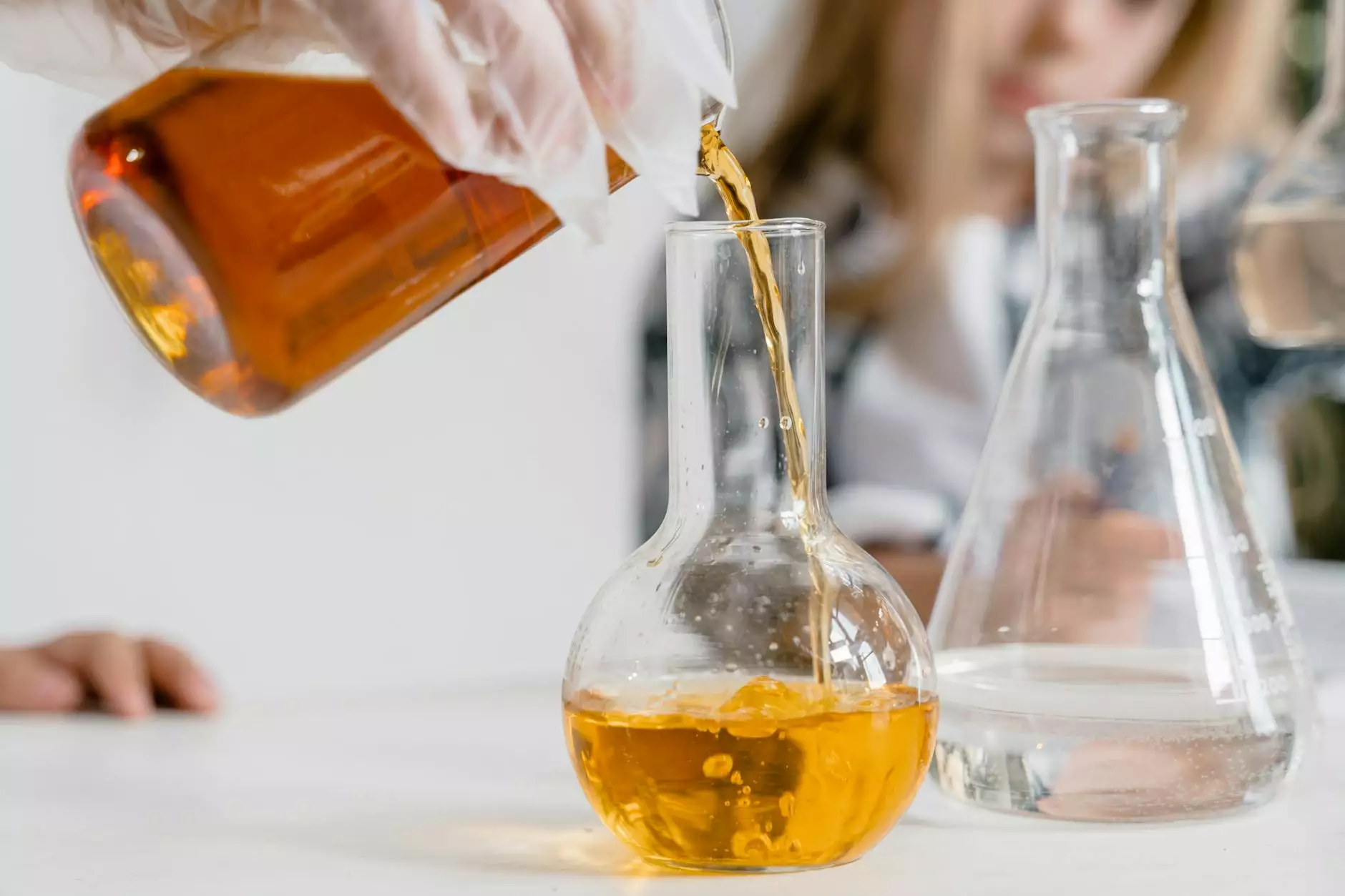Sports Nutrition: Are You Getting the Right Stuff?

Introduction
Welcome to Foley James D MD's comprehensive guide to sports nutrition. In this article, we will delve into the important topic of fueling your body properly to optimize athletic performance. Whether you are a professional athlete or a weekend warrior, understanding the role of nutrition in sports is paramount to achieving your fitness goals.
The Role of Nutrition in Sports
Nutrition plays a vital role in all aspects of sports performance. Proper fueling helps athletes achieve optimal endurance, strength, and recovery. By providing the right balance of macronutrients (carbohydrates, proteins, and fats) and micronutrients (vitamins and minerals), athletes can take their training to the next level and enhance their overall performance.
Macronutrients
Carbohydrates are the primary source of energy for athletes. They provide the necessary fuel for muscles during physical activity. Complex carbohydrates such as whole grains, fruits, and vegetables should make up the majority of an athlete's diet. Simple sugars and refined carbohydrates should be limited as they can lead to energy crashes and decreased performance.
Proteins are essential for muscle repair and growth. Athletes should include lean sources of protein such as chicken, fish, beans, and tofu in their diets. Adequate protein intake helps with recovery and building strength. It is important to spread protein intake throughout the day to support muscle synthesis.
Fats are another important macronutrient for athletes. Healthy fats from sources like avocados, nuts, and olive oil provide necessary energy and support hormone production. Omega-3 fatty acids, found in fatty fish like salmon, also possess anti-inflammatory properties, aiding in post-activity muscle recovery.
Micronutrients
Vitamins and minerals are essential for overall health and athletic performance. Antioxidant-rich fruits and vegetables provide a wide array of vitamins and minerals necessary for cellular function and fighting oxidative stress. Adequate calcium and vitamin D intake is crucial for maintaining strong and healthy bones.
Pre-Workout Nutrition
Proper pre-workout nutrition is crucial for providing the energy needed to perform at your best. Aim to consume a balanced meal or snack 1-3 hours before exercise. Include carbohydrates for energy and protein for muscle repair. Examples of pre-workout meals could include oatmeal with berries and a handful of nuts, or a chicken and vegetable stir-fry with brown rice.
During Workout Nutrition
During longer endurance activities, it may be necessary to replenish your body's energy stores. Consider consuming easily digestible carbohydrates such as sports drinks, energy gels, or fruit. Hydration is also key, so be sure to drink water regularly throughout your workout.
Post-Workout Nutrition
The post-workout period is crucial for muscle recovery and growth. Consuming a balanced meal or snack within 30 minutes to an hour after exercise is recommended. This meal should include both carbohydrates and protein to replenish glycogen stores and aid in muscle repair. Examples of post-workout meals could be a turkey and avocado wrap or a protein smoothie with fruits and vegetables.
Supplementation
While a well-balanced diet should provide most of the necessary nutrients, some athletes may benefit from targeted supplementation. It is important to consult with a healthcare professional to determine individual needs and establish a personalized supplementation plan.
Conclusion
Sports nutrition is a critical aspect of athletic performance. By understanding the role of macronutrients, micronutrients, and proper timing of meals, you can optimize your training, enhance performance, and support overall health. Foley James D MD is committed to providing valuable information and tips to help athletes achieve their nutrition goals. Remember, fueling your body with the right stuff is the key to unlocking your athletic potential.










